Darcus Howe: A Legacy of Resistance and Social Justice
In British contemporary social activism, few figures loom as large or as tenaciously as Darcus Howe. Born in Trinidad in 1943 and passing away in 2017, Howe’s life was a testament to relentless advocacy, intellectual rigor, and unflinching courage in the face of systemic racism and injustice. His legacy is one of radical thought, impassioned activism, and profound influence on the British civil rights movement. To understand the importance of Darcus Howe is to delve into the transformative power of activism, the historical context of race relations in Britain, and the enduring need for social justice.
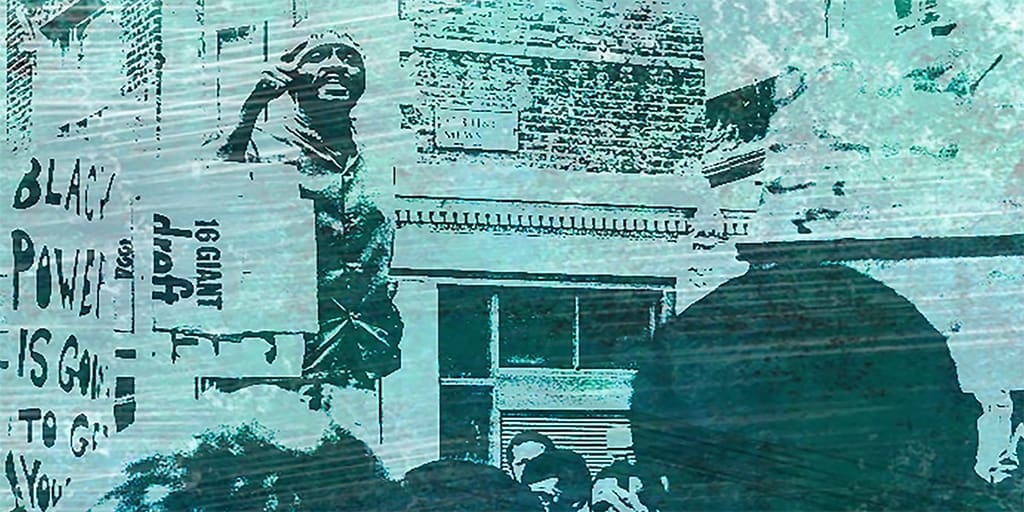
Table of Contents
Darcus Howe’s Early Life and Radicalisation
Darcus Howe’s formative years in Trinidad were marked by colonial tensions and burgeoning movements for independence across the Caribbean. His mother was a teacher, and his father was a Methodist minister, instilling in him the values of education and moral integrity. Howe’s early exposure to political activism came through his involvement with the Black Power movement in Trinidad, particularly under the mentorship of the influential thinker C.L.R. James, his great-uncle. This period of radicalization laid the groundwork for his future endeavours in Britain, where he relocated in the early 1960s.
*All Book Images Open a New tab to our Bookshop
**If you buy books linked to our site, we get 10% commission from Bookshop.org, whose fees support independent bookshops.
The British Context: Rising Racial Tensions
In the post-war era, Britain experienced significant demographic changes due to immigration from its former colonies in the Caribbean, Africa, and South Asia. This influx was partly driven by the British government’s invitation to fill labour shortages and rebuild the war-torn economy. However, the arrival of these immigrants was met with a society unprepared for such cultural diversity.
The new arrivals, often faced overt racism and systemic discrimination in housing, employment, and public services. Racially restrictive covenants, “No Blacks, No Dogs, No Irish” signs, and discriminatory hiring practices were common. This exclusionary environment fostered resentment and tension, creating a volatile atmosphere in urban centres where many immigrants settled.
Institutional Racism and Community Responses
The police force, as an embodiment of state authority, played a central role in perpetuating racial discrimination. Black communities were subject to disproportionate surveillance, arbitrary stops and searches, and frequent police raids, often based on flimsy or fabricated evidence. The notorious “sus” laws (under the Vagrancy Act of 1824) were emblematic of this systemic bias, allowing police to stop and search individuals on suspicion alone, a practice disproportionately used against black people.
This climate of hostility and mistrust galvanized community responses, leading to the formation of grassroots organizations and civil rights groups. Activists like Darcus Howe emerged as prominent voices against this institutionalized racism, organizing protests, community defence initiatives, and legal challenges. The cumulative impact of these efforts highlighted the pervasive nature of racial injustice in Britain and set the stage for pivotal moments of resistance, such as the Mangrove Nine trial and the Brixton riots. These events not only exposed the depth of institutional racism but also ignited a broader movement for racial equality and social justice.
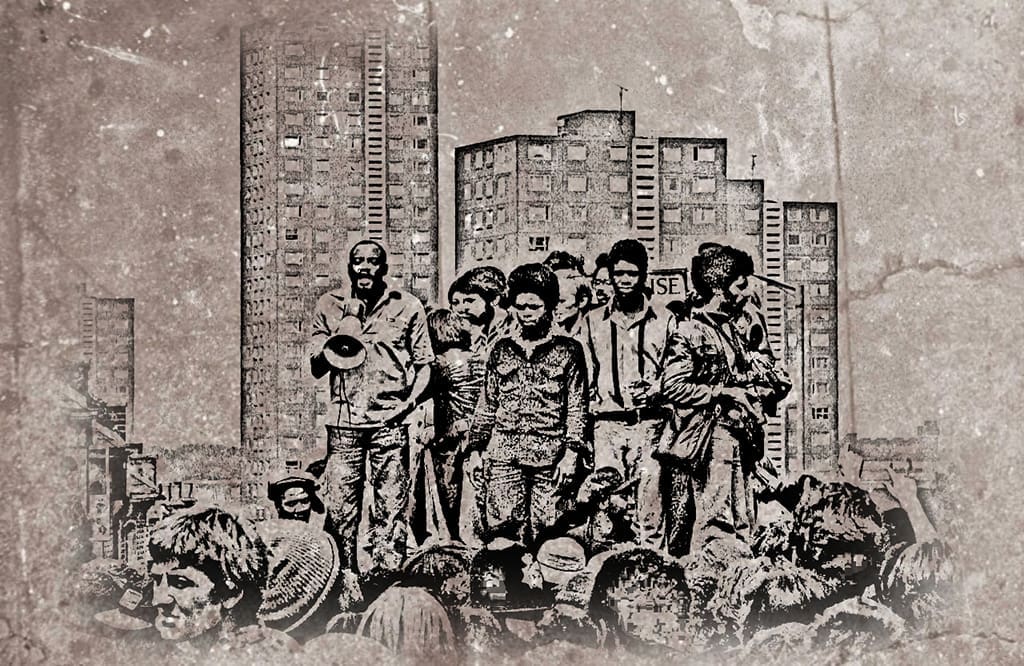
The Mangrove Nine and Legal Triumphs
The Mangrove Nine case stands as a seminal episode in the history of civil rights in Britain. It was a critical juncture that brought to the fore issues of police brutality, institutional racism, and the power of community resistance. This trial not only exposed the discriminatory practices of the Metropolitan Police but also marked a significant victory for black Britons in their fight for justice and equality.
However, its prominence also attracted the unwelcome attention of the police. Between January 1969 and July 1970, the Mangrove was raided twelve times by the police under various pretences, ranging from drug searches to accusations of operating without a license. These raids were part of a broader pattern of harassment faced by black establishments and were reflective of the systemic racism within the Metropolitan Police at the time.
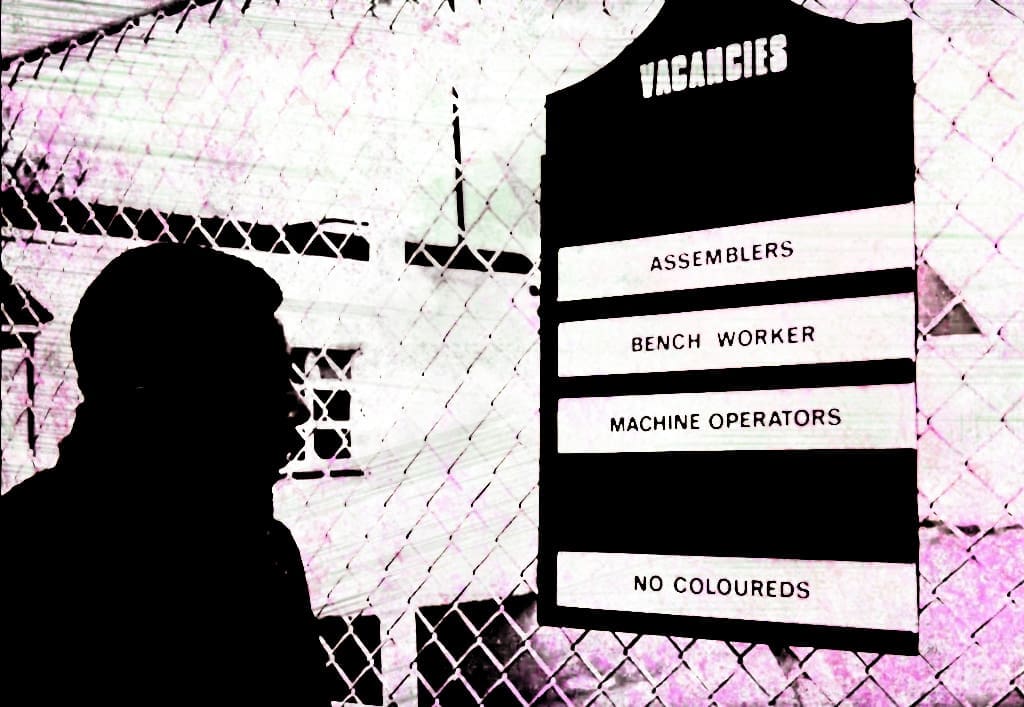
The Protest and Arrests
In response to the persistent police harassment, a protest march was organized on August 9, 1970. Led by a coalition of activists, including Darcus Howe, Altheia Jones-LeCointe, and others, the march aimed to highlight the injustices faced by the black community and to demand an end to the targeted raids on the Mangrove. The protest, which began peacefully, escalated into clashes between the demonstrators and the police, resulting in multiple arrests.
Nine individuals, later known as the Mangrove Nine, were charged with incitement to riot and other serious offenses. The defendants included prominent figures such as Darcus Howe, Frank Crichlow, Altheia Jones-LeCointe, and Barbara Beese. Their trial, which began in October 1970 at the Old Bailey, became a platform for exposing police misconduct and institutional racism.
The Trial and Legal Strategy
The Mangrove Nine trial was notable not just for its political significance but also for the legal strategies employed by the defence. The defendants and their legal team, including barristers Ian Macdonald and Benedict Birnberg, chose to mount a robust defence that challenged the legitimacy of the charges and the credibility of the police.
Darcus Howe and the other defendants argued that their actions were not criminal but a justified response to years of racial harassment and police brutality. They sought to turn the trial into an indictment of the police, highlighting the systemic racism that permeated law enforcement practices. The defence called numerous witnesses from the community to testify about the harassment they had experienced and presented evidence of the police’s discriminatory tactics.
One of the most significant aspects of the trial was the decision by some defendants to represent themselves in court. Darcus Howe, in particular, was eloquent and unyielding in his cross-examination of police officers and in his summation. This tactic allowed the defendants to directly confront their accusers and to articulate the broader context of their actions.
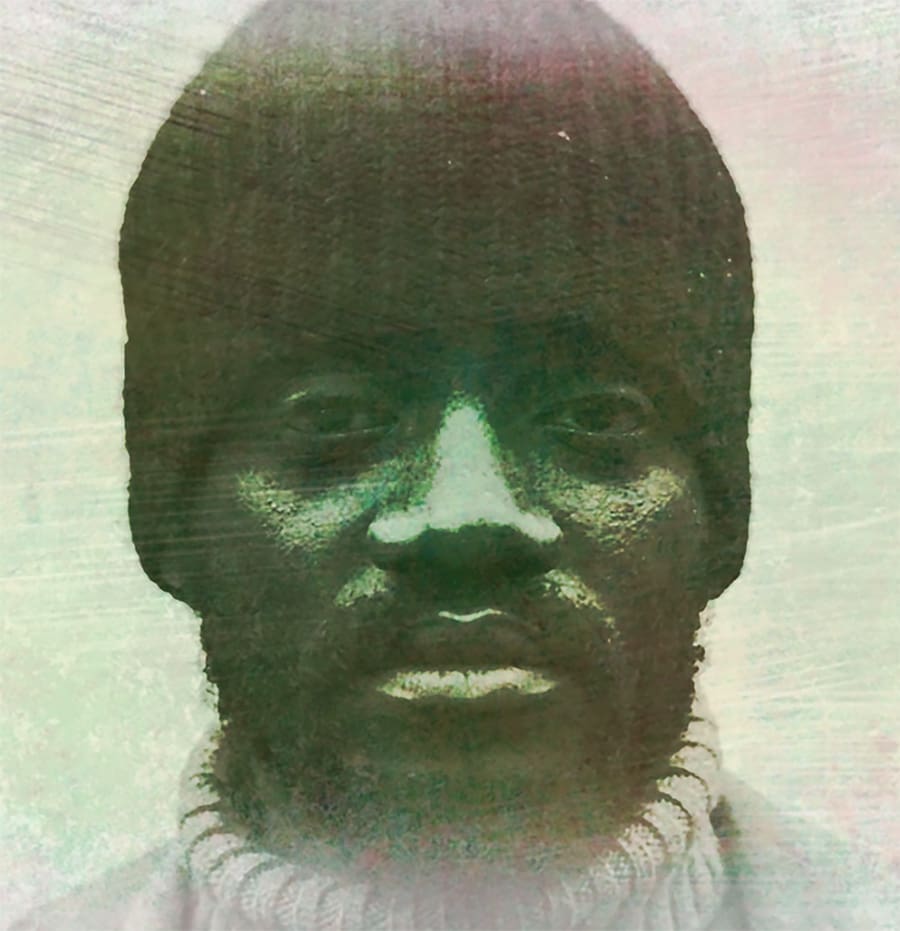
Verdict and Impact
After an arduous 55-day trial, the jury returned a verdict that was a resounding victory for the defendants. They were acquitted of the most serious charges of incitement to riot, though some were found guilty of lesser offenses related to affray. The jury’s decision was a tacit acknowledgment of the legitimacy of the defendants’ grievances and a condemnation of the police’s conduct.
The outcome of the Mangrove Nine trial had far-reaching implications. It was one of the first times that a British court had recognized the existence of racial discrimination within the police force. The case set a precedent for future legal challenges to police misconduct and inspired a new generation of activists to use the courts as a venue for social justice.
Legal and Social Legacy
The Mangrove Nine case was a catalyst for change, both legally and socially. It underscored the power of collective action and the importance of community solidarity in the face of oppression. The trial also highlighted the role of the judiciary in addressing systemic racism, paving the way for subsequent legal reforms and inquiries into police practices.
For Darcus Howe, the trial was a defining moment in his career as an activist. It cemented his reputation as a fearless advocate for justice and demonstrated the efficacy of combining legal strategy with grassroots activism. The Mangrove Nine case remains a touchstone in the history of civil rights in Britain, a testament to the enduring struggle for equality and the power of resistance in the face of injustice.
Legacy of the Mangrove Nine Trial
The legacy of the Mangrove Nine trial continues to resonate today. It serves as a powerful reminder of the importance of standing up against systemic oppression and the potential of the legal system to serve as a tool for social change. As contemporary movements like Black Lives Matter challenge ongoing racial injustices, the story of the Mangrove Nine offers both inspiration and a blueprint for effective activism. Darcus Howe’s role in this pivotal moment underscores his enduring impact on the fight for civil rights and social justice.
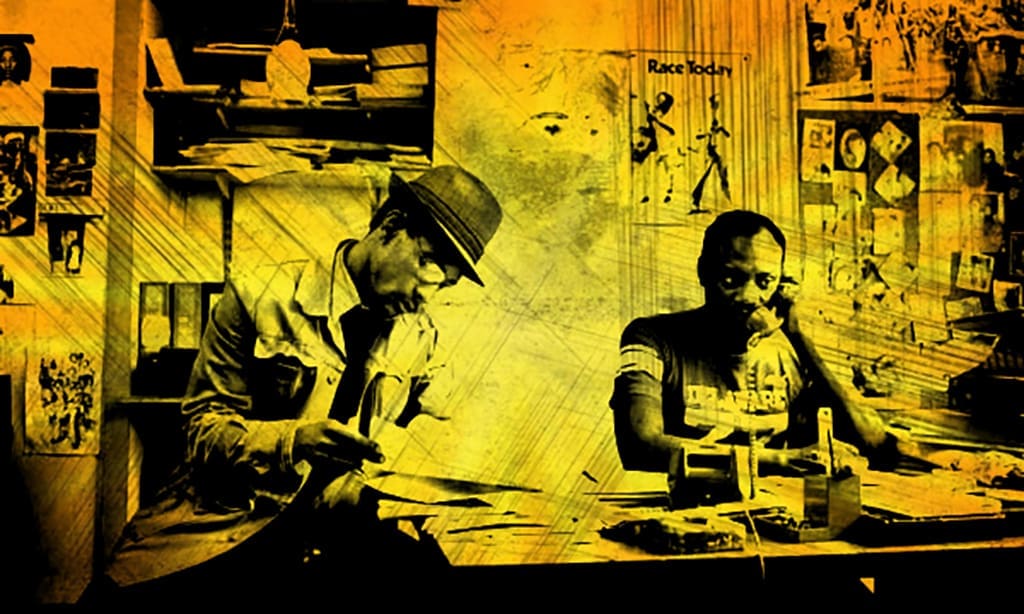
Journalism and Media Influence
Darcus Howe’s contributions to journalism and media were instrumental in shaping public discourse on race, justice, and social inequality in Britain. His work as an editor, writer, and broadcaster brought critical issues to the forefront and provided a platform for voices that were often marginalized in mainstream media. His impact on journalism and media can be seen through his involvement with Race Today, his television programs, and his unapologetic approach to discussing controversial topics.
Race Today: Amplifying Marginalized Voices
Race Today magazine was a cornerstone of Howe’s journalistic career. Originally launched by the Institute of Race Relations (IRR) in 1969, the magazine underwent a significant transformation when Howe joined the editorial board in 1973 and later became editor in 1974. Under his leadership, Race Today evolved from an academic publication to a radical, grassroots magazine that addressed the urgent issues facing black and working-class communities.
Howe’s editorial vision for Race Today was to make it a voice for the voiceless, focusing on real-life struggles and community activism. The magazine tackled a broad range of topics, including police brutality, housing discrimination, workers’ rights, and immigration issues. Howe ensured that the content was not just informative but also mobilizing, encouraging readers to engage in activism and community organizing.
One of the magazine’s notable achievements was its coverage of the New Cross house fire in 1981, a tragic event where 13 young black people lost their lives. Race Today played a crucial role in documenting the community’s grief and outrage, organizing the Black People’s Day of Action, a mass protest that drew thousands to the streets of London. This event exemplified how the magazine served as both a chronicler and catalyst for social movements.
Television: Breaking Barriers and Sparking Debates
Transitioning to television in the 1980s, Howe brought his incisive and confrontational style to a broader audience. His work on “Black on Black” and “The Bandung File” for Channel 4 marked a significant shift in how black issues were portrayed in British media.
“Black on Black”, a series that ran from 1982 to 1985, was ground-breaking in its approach. It was one of the first programs to be produced and presented by black Britons, offering a platform for in-depth discussions on issues affecting the black community. Howe’s role as a presenter allowed him to challenge guests and viewers alike, often addressing subjects that mainstream media avoided. The show covered a wide range of topics, from cultural identity and racism to economic inequality and political activism.
“The Bandung File”, which aired from 1985 to 1991, continued this trajectory. Named after the 1955 Bandung Conference of newly independent African and Asian nations, the series explored international perspectives on issues of race, colonialism, and resistance. Howe’s ability to connect local struggles to global contexts was a hallmark of his journalism, providing viewers with a broader understanding of the systemic nature of racism and inequality.
Unapologetic and Uncompromising: Howe’s Journalistic Ethos
Throughout his career, Darcus Howe was known for his unapologetic and uncompromising approach. He was not afraid to confront powerful figures or institutions and often used his platform to highlight the inconsistencies and hypocrisies within British society. His style was characterized by directness and a refusal to dilute the truth, which resonated with many but also drew criticism from those uncomfortable with his forthrightness.
A prime example of Howe’s confrontational style was his interview with Metropolitan Police Commissioner Sir Paul Condon in 1994. During this interview on “The Devil’s Advocate”, Howe directly challenged Condon on the issue of institutional racism within the police force, a topic that was contentious and largely unaddressed by mainstream media at the time. This interview is remembered for its intensity and Howe’s unwavering insistence on accountability.
Influence and Legacy in Media
Darcus Howe’s influence on journalism and media is profound and enduring. He opened doors for future generations of black journalists and broadcasters, demonstrating that it was possible to discuss race and justice issues candidly and critically in mainstream media. His work laid the groundwork for more inclusive and representative media practices, challenging the status quo and pushing for greater diversity in media representation.
Moreover, Howe’s legacy is seen in the continued relevance of the issues he championed. The themes of his journalism—systemic racism, social justice, and the power of community activism—remain pertinent today. His ability to link personal stories with broader social and political contexts provided a model for journalism that is both empathetic and analytical.
The Power of Media as a Tool for Change
Darcus Howe’s career in journalism and media highlights the power of these platforms as tools for social change. Through Race Today, television programs like “Black on Black” and “The Bandung File”, and his fearless approach to reporting and presenting, Howe not only informed but also inspired action. His work continues to serve as a reminder of the critical role that media can play in challenging injustices, amplifying marginalized voices, and fostering a more equitable society.

The Legacy of The Brixton Riots and Beyond
Darcus Howe’s involvement in the aftermath of the Brixton riots in 1981 is a pivotal chapter in his legacy of activism and social justice. The Brixton riots were a seminal moment in British history, highlighting the deep-seated issues of racial discrimination, economic inequality, and police brutality. Howe’s analysis and activism during and after the riots underscore his profound influence on the discourse surrounding race relations in the UK. Understanding this legacy involves examining the context of the Brixton riots, Howe’s contributions to the response and aftermath, and the broader implications for social justice.
Context of the Brixton Riots
The Brixton riots, which erupted in April 1981, were a direct response to systemic oppression faced by the black community in Brixton, a district in South London. Tensions had been building for years, exacerbated by high unemployment rates, poor housing conditions, and constant police harassment, particularly through the controversial “sus” laws (stop and search powers under the Vagrancy Act of 1824).
The immediate catalyst for the riots was the police’s handling of a young black man who had been stabbed. The community perceived the police’s actions as negligent and aggressive, sparking widespread anger. Over the course of three days, violent clashes between residents and the police resulted in hundreds of injuries and significant property damage. However, the riots also drew national attention to the plight of marginalized communities and the systemic issues they faced.
Howe’s Role and Analysis
Darcus Howe, already a prominent figure in the civil rights movement, played a crucial role in articulating the underlying causes of the Brixton riots. His analysis was rooted in a deep understanding of the historical and social context of racial discrimination in Britain. He framed the riots not as mere acts of criminality but as a justified and inevitable response to prolonged and systemic injustice.
In the wake of the riots, Howe was a vocal advocate for the community, using his platforms in journalism and media to highlight the structural inequalities that had led to the unrest. He argued that the riots were a form of resistance against the institutional racism embedded within the police force and other state structures. Howe’s perspective was instrumental in shifting public discourse from blaming the rioters to understanding the root causes of their anger.
Contributions to the Scarman Report
The government’s response to the Brixton riots included the commissioning of an inquiry led by Lord Scarman. The Scarman Report, published in November 1981, aimed to investigate the causes of the riots and recommend measures to prevent similar occurrences in the future. Darcus Howe’s contributions to the discourse surrounding the inquiry were significant.
Howe provided testimony and insights that underscored the systemic nature of racial discrimination and the urgent need for comprehensive reforms. While the Scarman Report acknowledged the existence of racial disadvantage and the need for improved community policing, it stopped short of labelling the police as institutionally racist, a point that Howe vehemently critiqued. His insistence on recognizing and addressing institutional racism laid the groundwork for future inquiries and reforms.
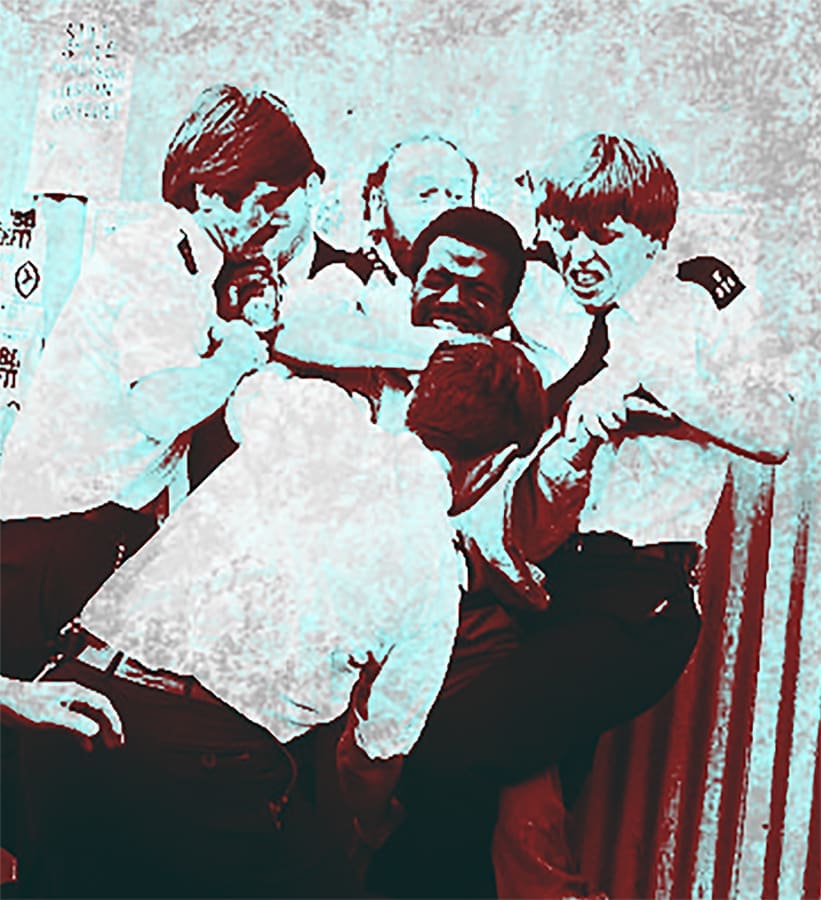
Broadening the Scope: Howe’s Activism Beyond Brixton
The Brixton riots were not an isolated incident, and Darcus Howe’s activism extended well beyond this event. He consistently connected local struggles with broader national and international movements for justice. Howe’s work emphasized that the issues of racism, economic inequality, and police brutality were interconnected and required systemic solutions.
Through his journalism and broadcasting, Howe continued to draw attention to various instances of racial injustice across Britain. He was actively involved in campaigns against the wrongful imprisonment of black individuals, such as the case of the Tottenham Three, and he supported numerous grassroots organizations working for social change.
Enduring Legacy and Contemporary Relevance
Darcus Howe’s legacy in the aftermath of the Brixton riots and beyond is multifaceted and enduring. His ability to articulate the struggles of black Britons and his insistence on addressing the root causes of inequality have left a lasting impact on social justice movements in the UK.
The themes of Howe’s activism remain highly relevant today. Contemporary movements like Black Lives Matter echo the same calls for justice and recognition of systemic racism that Howe championed. The ongoing debates around police reform, economic disparity, and racial discrimination continue to draw on the foundational work of activists like Howe.
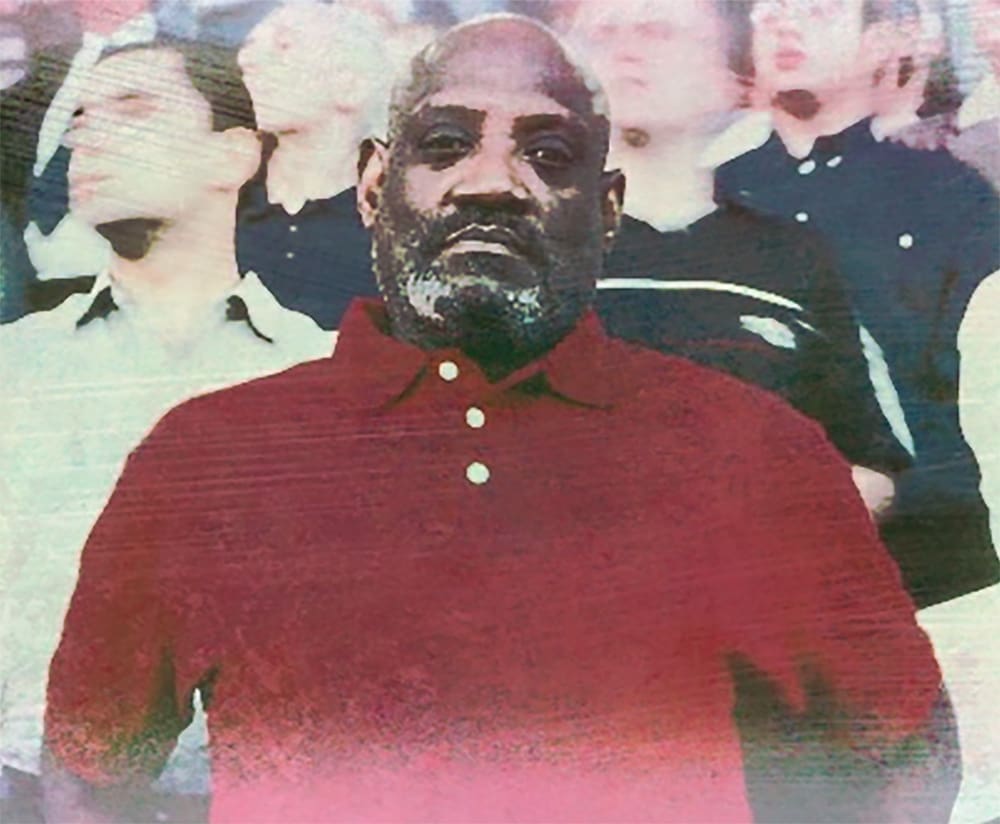
A Continued Fight for Justice
Darcus Howe’s legacy is multifaceted. He was a legal strategist, a journalist, a broadcaster, and, above all, a tireless advocate for justice. His work remains relevant in today’s context of ongoing racial discrimination and social inequality. The Black Lives Matter movement, for instance, echoes many of the themes that Howe championed throughout his life.
Lessons and Inspirations
The life of Darcus Howe offers numerous lessons for contemporary activists and scholars. His insistence on confronting injustice head-on, his use of the legal system to challenge institutional racism, and his adeptness at using media to amplify marginalized voices are all strategies that remain vital today. Howe’s legacy reminds us that the fight for justice is enduring and multifaceted, requiring both radical thought and pragmatic action.
Reflecting on Darcus Howe’s contributions, it becomes clear that the struggle for equality and justice is far from over. His life’s work is a clarion call to continue challenging the status quo, to speak truth to power, and to strive for a society where the dignity and rights of all individuals are upheld.
Browse 1000’s of Books in Our PromisesBooks Bookshop
Discover more from PEN vs SWORD
Subscribe to get the latest posts sent to your email.



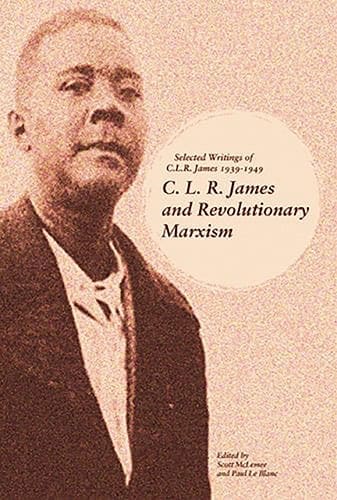
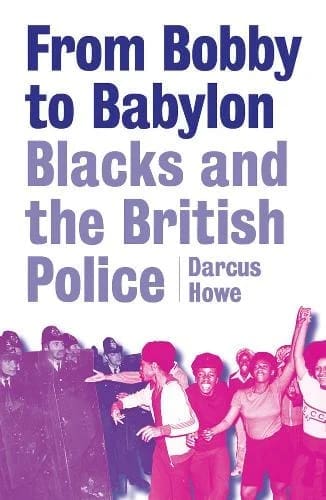
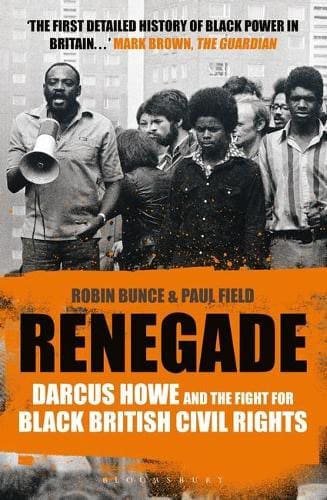
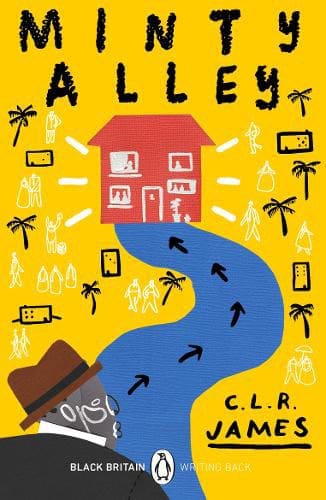

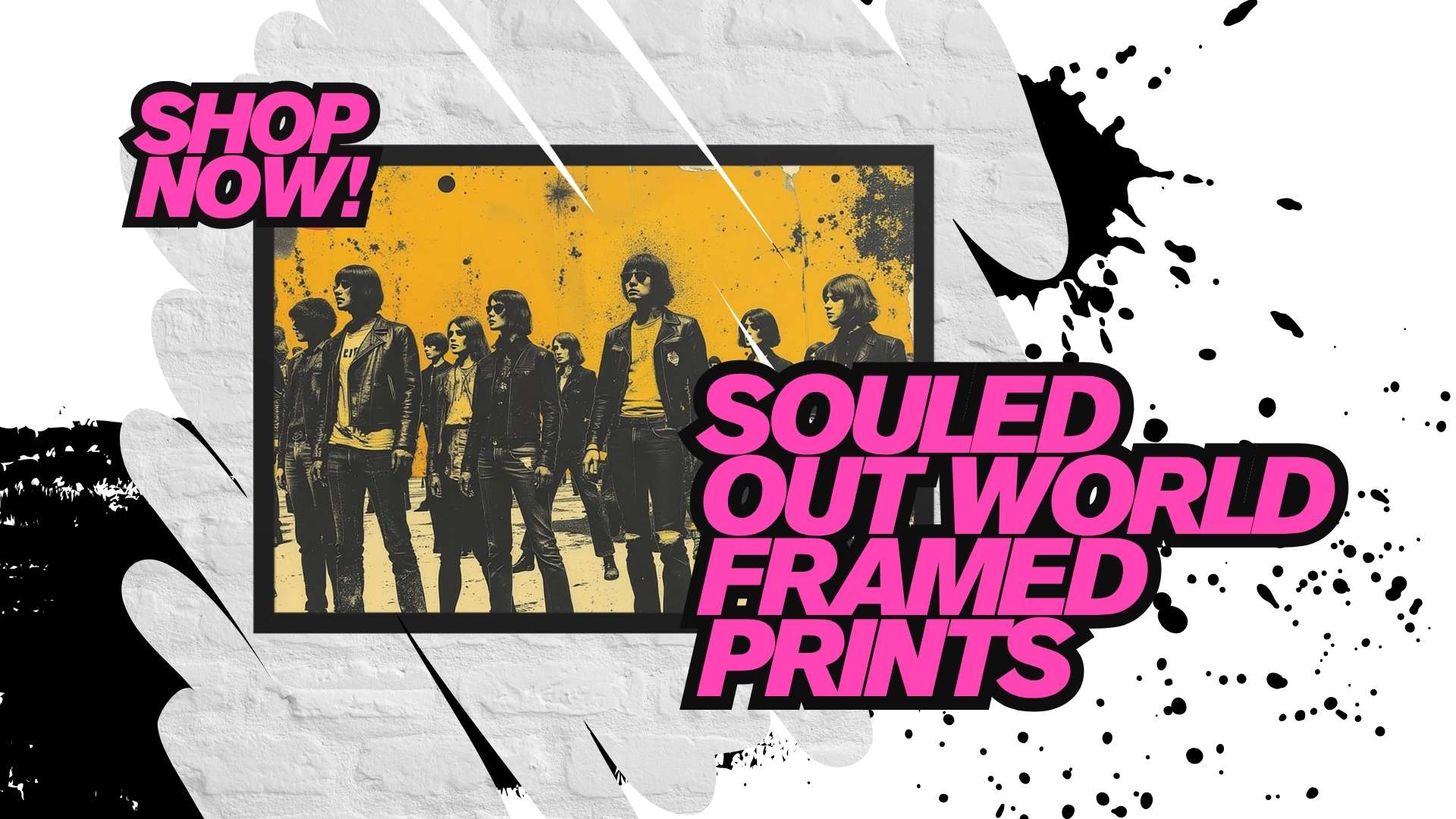

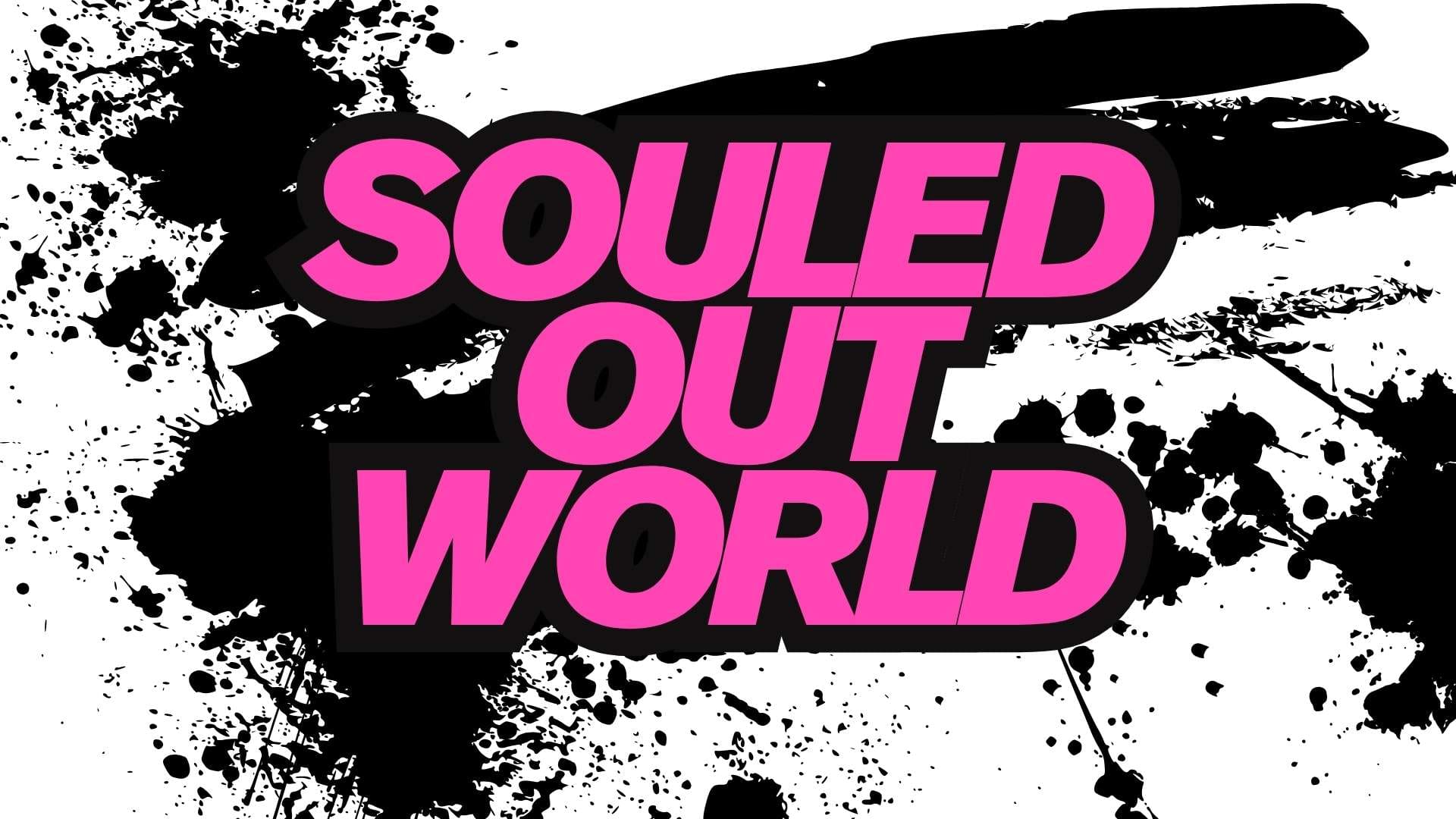


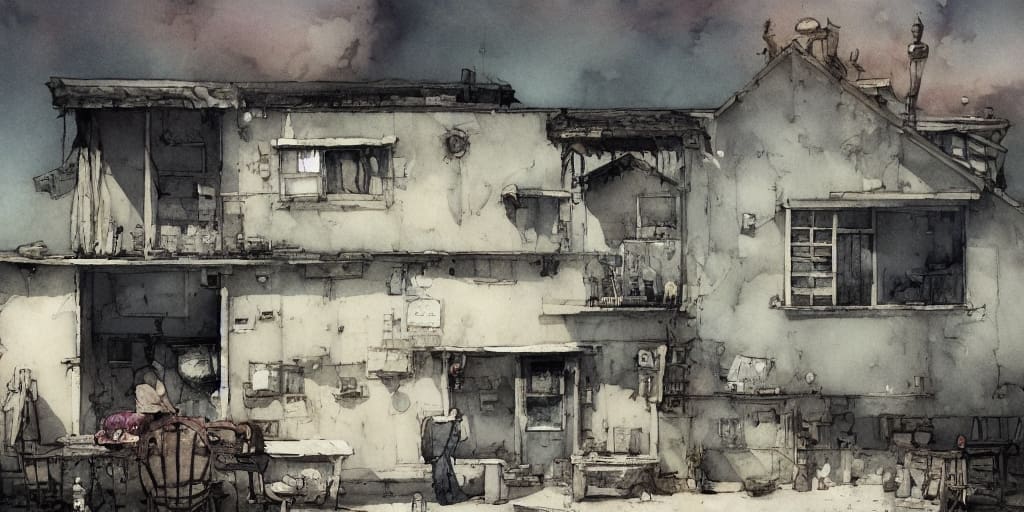
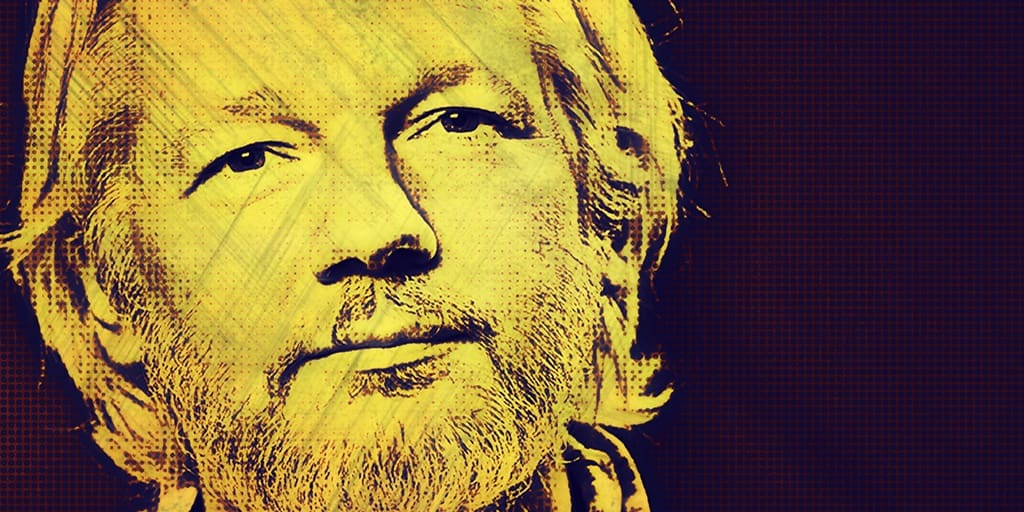
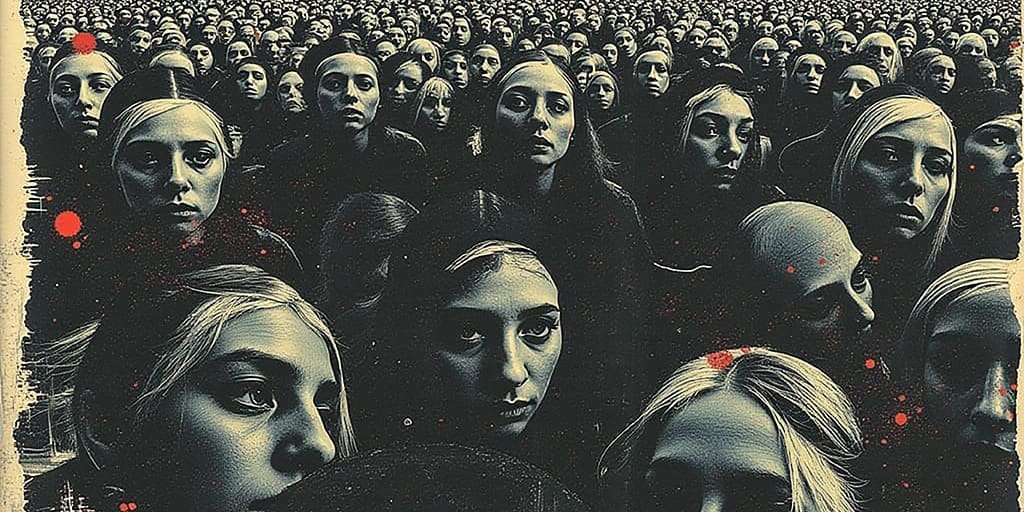
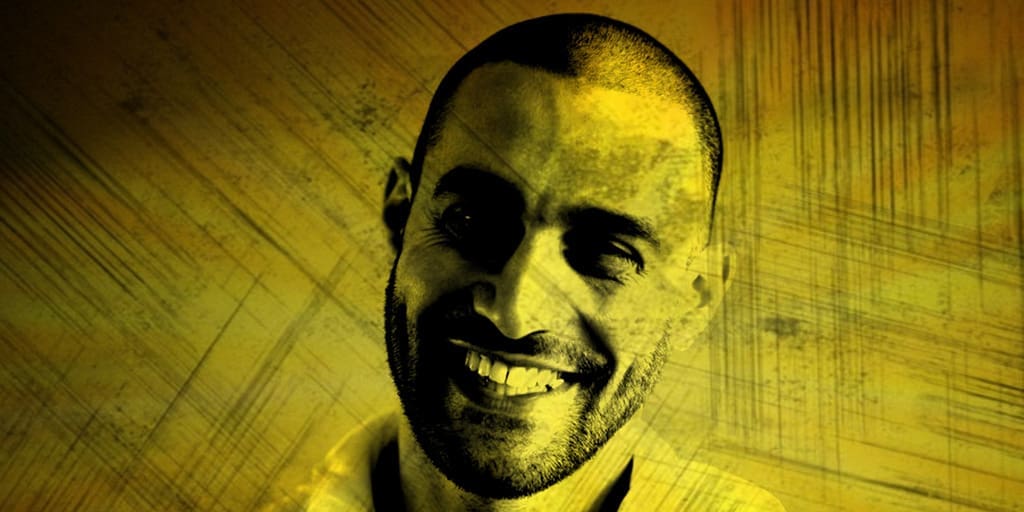
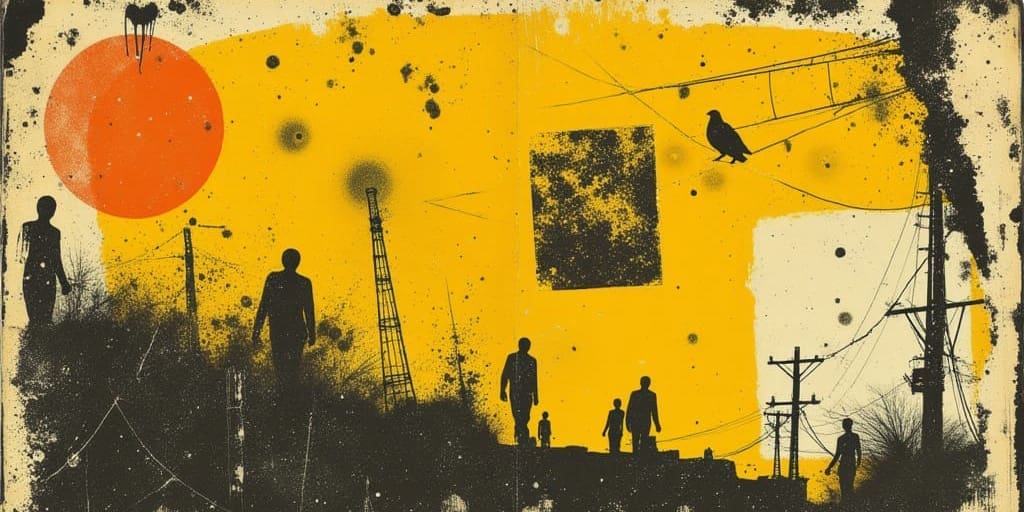
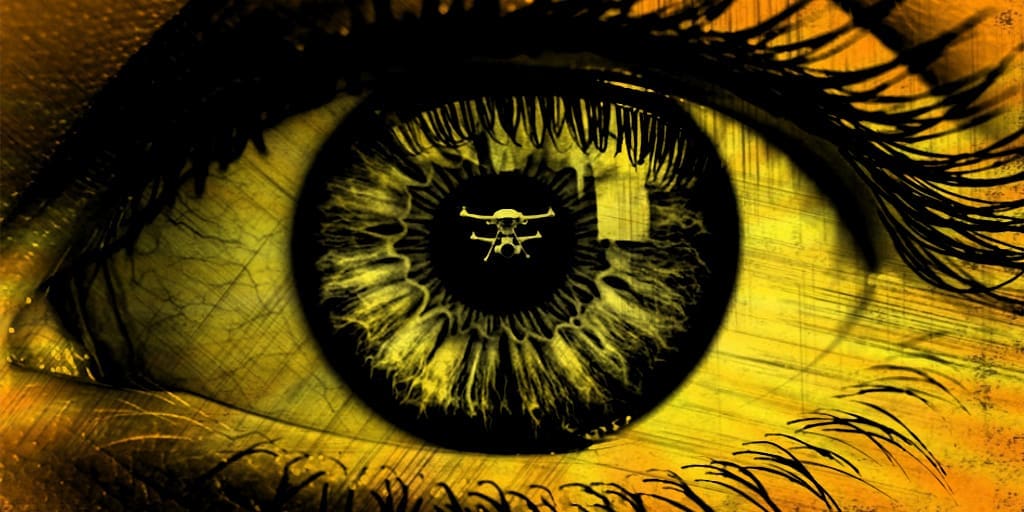
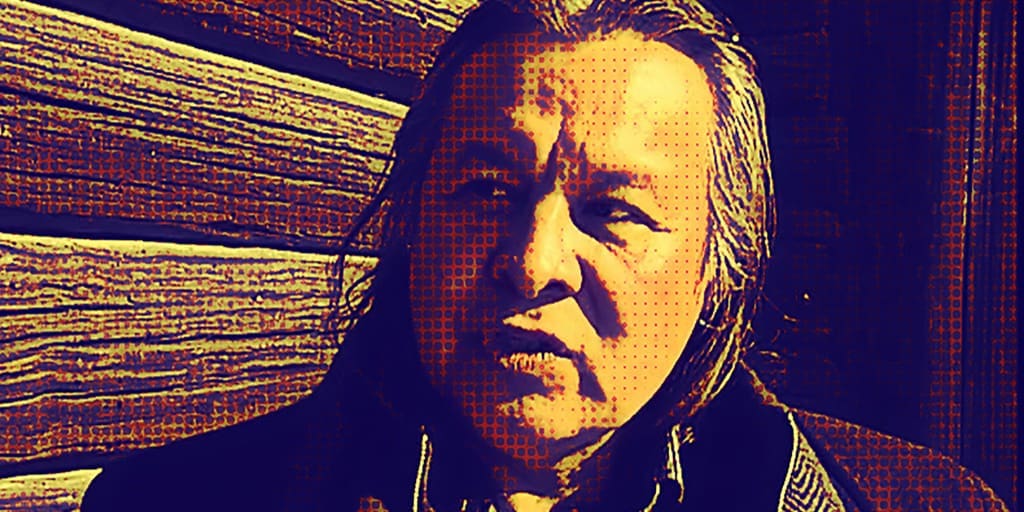
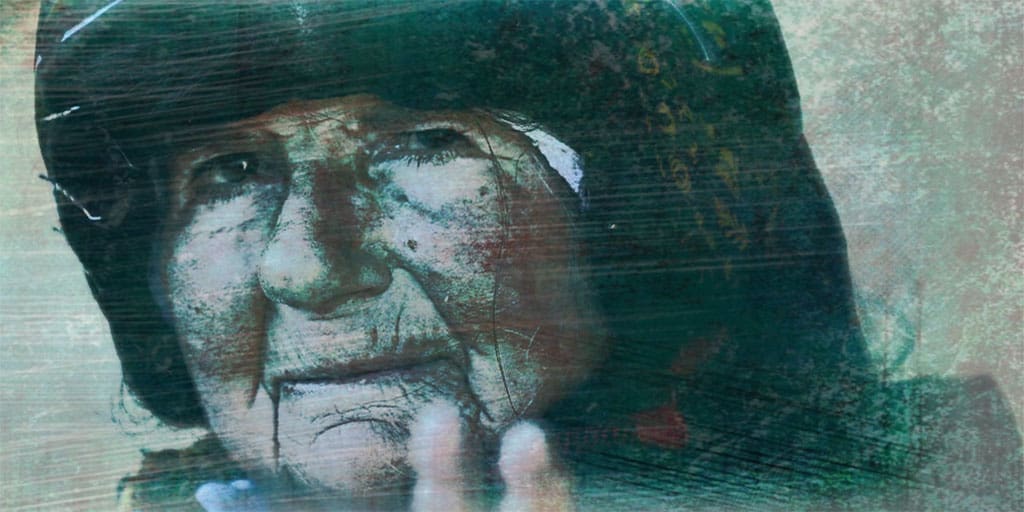
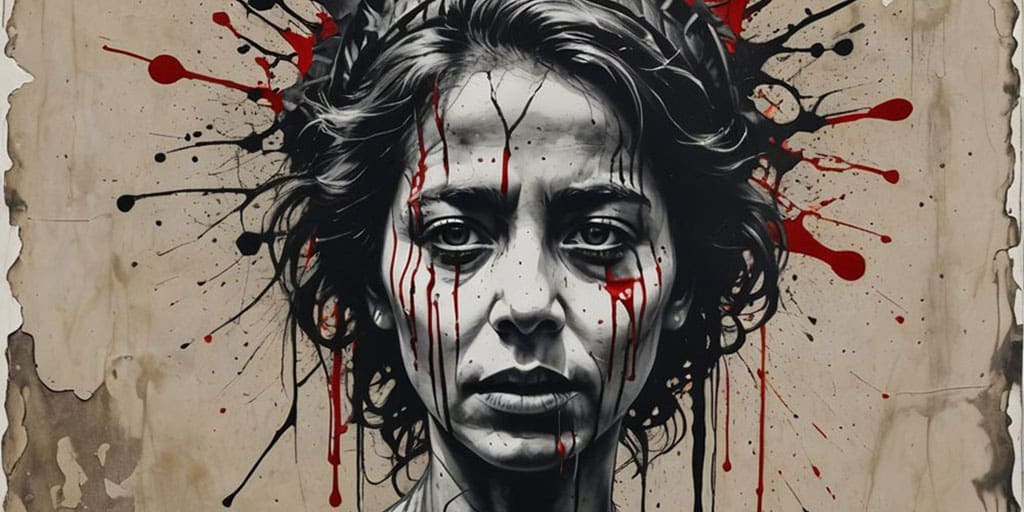
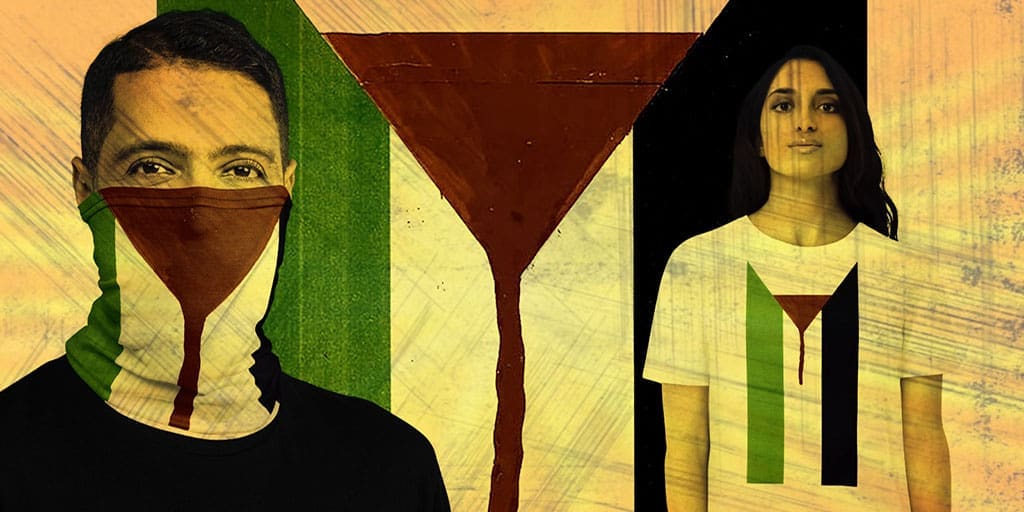

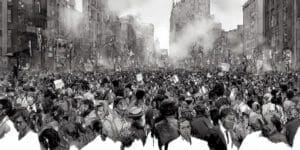


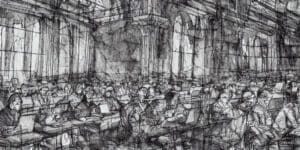
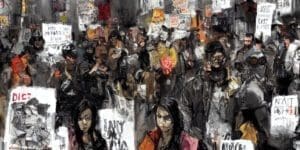
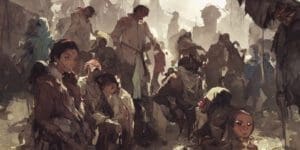



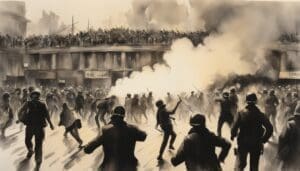







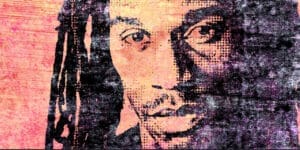




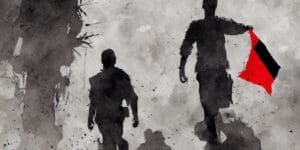

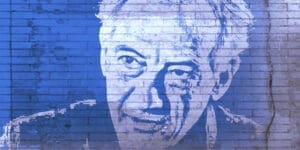


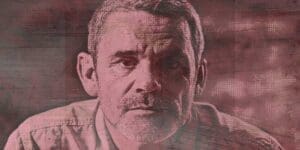

What do you think?